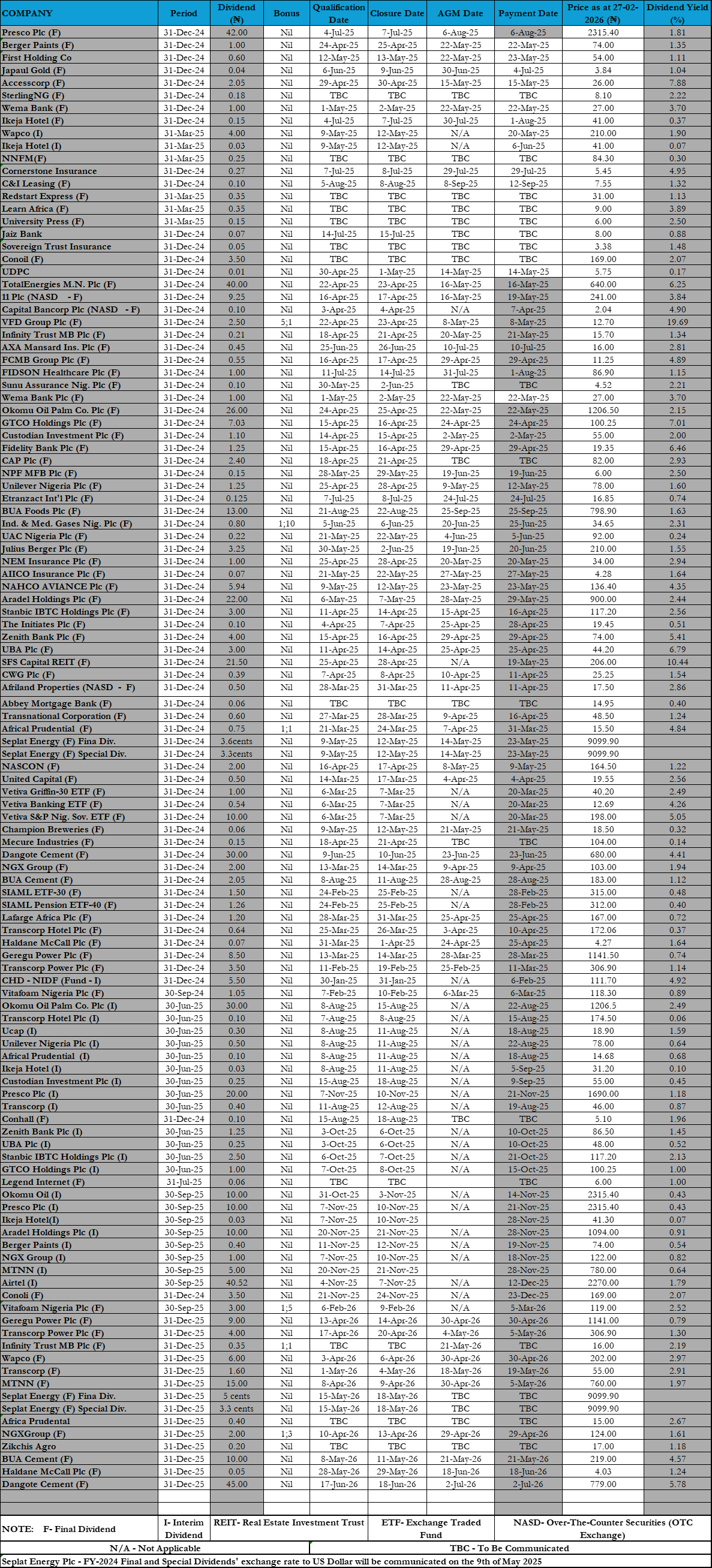
By Antonio Ernesto Di Giacomo
Crude Oil prices have been under pressure, showing significant declines last week. Brent, one of the main benchmarks for crude oil prices, registered a drop of over 7%, while U.S. crude futures fell by around 8%. These reductions have been the largest since early September. The main cause behind this decline is a combination of concerns about oil demand in China, the world’s largest importer, and the uncertainty caused by the unresolved conflict in the Middle East.
China’s economy has shown signs of slowing down. The country’s economic growth was the lowest recorded in the third quarter since early 2023. Although September’s consumption and industrial production data exceeded expectations, the overall signals point to an economic cooling. This is relevant because, as the world’s largest oil importer, lower economic activity reduces crude demand. Energy traders and analysts fear that China’s slowdown could have a lasting effect on global oil demand, thus affecting prices.
Analysts also mention that the global shift towards electrification of transportation, aimed at reducing carbon emissions, is contributing to the decline in oil demand. China, in particular, has been investing in electric vehicles and renewable energy. These structural changes indicate that even if China’s economy recovers in the future, crude demand might not return to previous levels. The combination of these factors suggests that the oil market is facing a temporary challenge and a possible long-term transformation in demand.
Meanwhile, uncertainty in the Middle East remains a concern. The region, which has historically had a significant impact on oil prices due to its role as a production hub, is currently unstable. U.S. President Joe Biden expressed his intention to negotiate with Israel and Iran to try to reduce tensions, which could bring temporary stability. However, the reality on the ground is different: the militant group Hezbollah, based in Lebanon, announced it would intensify its fight against Israeli forces. This suggests that tensions in the region could escalate, typically leading to oil price volatility.
In conclusion, oil prices are influenced by a combination of factors creating market uncertainty. On one hand, the Chinese economy, currently experiencing a slowdown and the global transition towards renewable energy, raises questions about the future demand for crude. On the other hand, instability in the Middle East adds an unpredictable element that could lead to short- and medium-term price volatility. These factors force traders and analysts to remain cautious and attentive to any changes in these variables to understand how prices will behave.
Giacomo is Senior Market Analyst at XS.com












